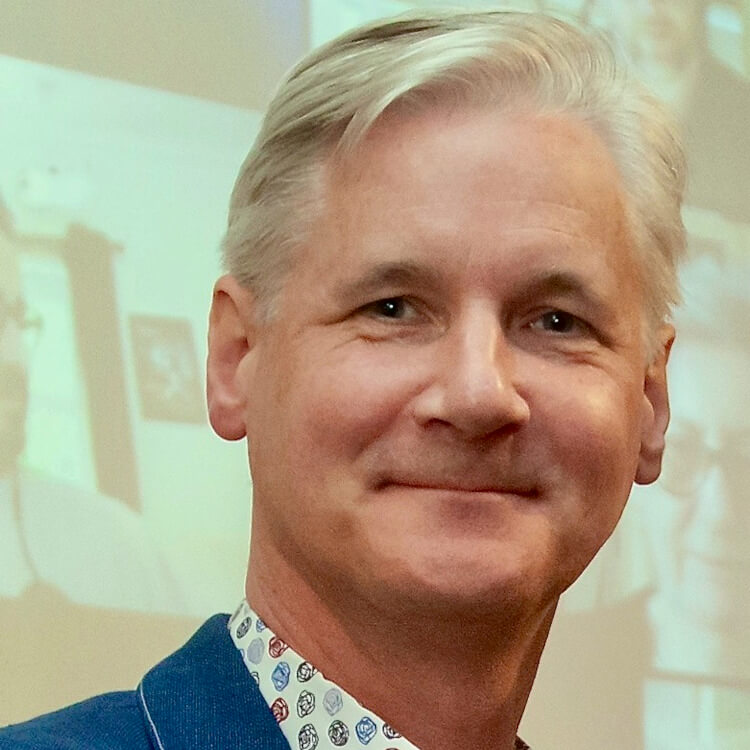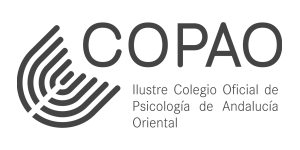Speaker

RORY O’CONNOR
UNIVERSITY OF GLASGOW. UNITED KINGDOM
Rory O’Connor is Professor of Health Psychology at University of Glasgow, Past President of the International Association for Suicide Prevention and Past President of the International Academy of Suicide Research. Rory leads the Suicidal Behaviour Research Lab, one of the leading suicide research groups internationally.
His research has been extensively cited as evidenced by being named in the ISI Highly Cited Researchers list. He is recipient of several awards including the American Foundation for Suicide Prevention’s Research Award and the American Association of Suicidology’s Dublin Award.
He is also author of the award-winning book When It is Darkest. Why People Die by Suicide and What We Can Do To Prevent It and is co-host of the mental health podcast Open Mind.
Understanding the psychology of suicide risk

More than 720,000 people globally die by suicide each year and suicide is a leading cause of death among young people. Its prevention must be a national and international priority. To this end, we need a step change in understanding and preventing suicide. In this presentation, I will dispel some of the myths associated with suicide as well as describing the Integrated Motivational–Volitional (IMV) Model of Suicidal Behaviour (O’Connor & Kirtley, 2018). The IMV model, is one of the predominant models of suicide, which outlines the pathways to the emergence of suicidal ideation and the transition from suicidal thoughts to acts of suicide. This tripartite model maps the relationship between background factors and trigger events, and the development of suicidal ideation/intent through to suicidal behaviour. Crucially, the IMV model identifies clinical targets for treatment. I will present an overview of some of our clinical, experimental and intervention studies to illustrate how psychological, physiological and social factors increase suicide risk and what we all can do to tackle suicide. The wider implications for the prevention of suicide will also be discussed.












